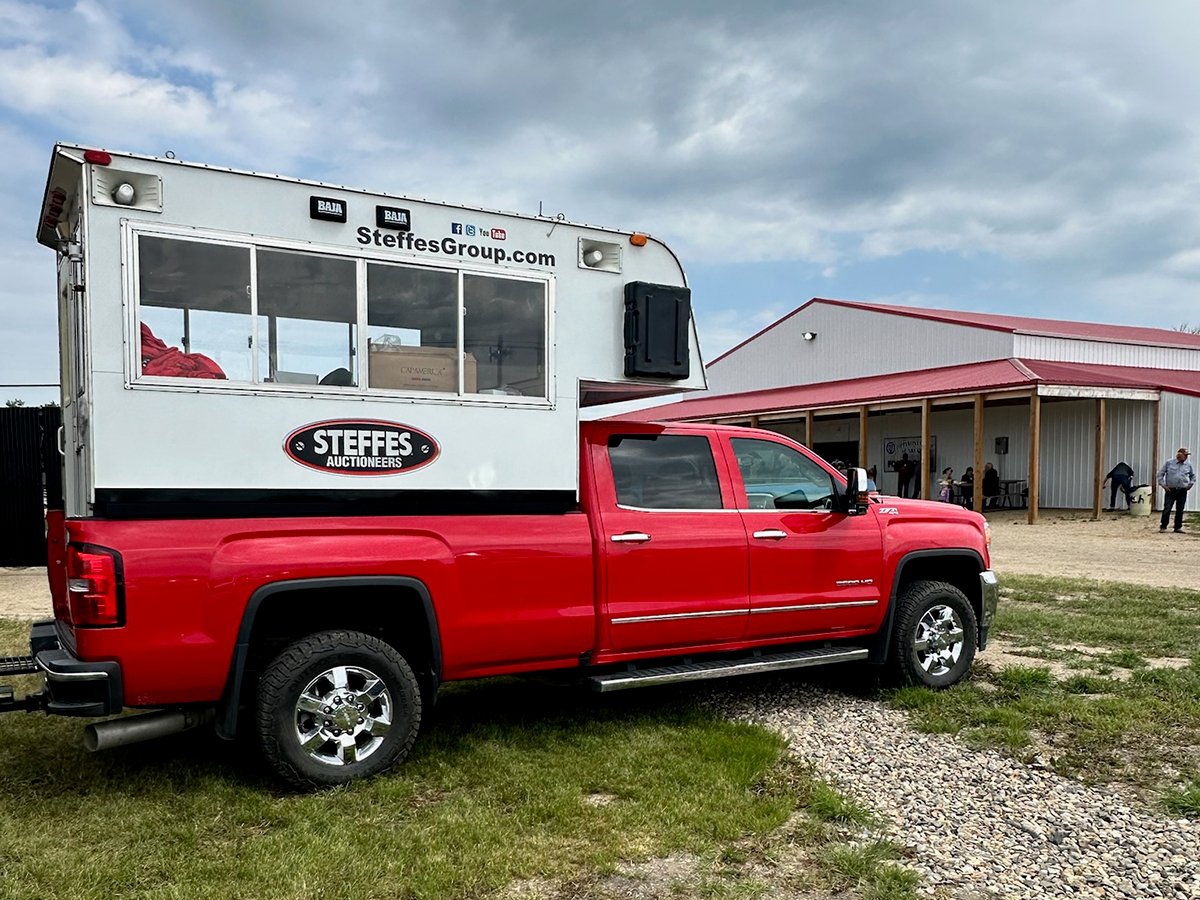Remembering abusive parent
Q: I grew up on a farm, one of close to a dozen children, almost all girls. The boys were always favored. Mom had her favorites among us girls. I wasn’t one of them. We girls worked like the men, but what we did was seldom praised. My dad was easy going. My mother carried all the stress. She disciplined us, ran the house and gave us frequent and often uncalled for lickings. I grew up fearing my parents. I left home at 16, never returning to get help or advice.
Read Also

Farm auctions evolve with the times
Times have changed. The number of live, on-farm auctions is seeing a drastic decline in recent years. Today’s younger farmers may actually never experience going to one.
When my mother died not long ago, I stood at her coffin wondering who she really was. Three months later, I realized she was really gone, and wept bitterly all day, not because I’d lost a mother, but because I realized I had never had one. I never had the chance to tell her how I felt. It was never safe to have an argument and get into a fight with her. And, as a result, I never knew her.
She drilled us well about responsibility and good behavior. We honored and respected her, as well as those older than us or in authority over us. We were disciplined, responsible workers. Of us nine girls, seven married controlling, abusive men. I did it twice.
As I look back, I can’t stress the importance of education about family life programs.
A: Grief deals with loss. When someone dies we grieve what we’ve lost, what was taken away from us. But we also grieve those things we wish we had in our relationship with that person. When they die, we finally realize the pain of what we missed (and will never get) is as great as the pain of the loss of what we did have.
Try to remember your mother by looking both at what she did achieve, as well as what those things she couldn’t do as well. I think you will feel more comfortable in your relationship with her memory. Life After Loss, by Bob Dietz, can help with your grief, both about your mother and your own family life.
There’s no one reason why women choose abusive husbands. Some marry what they see to be a strong man, only later to discover how abusive he is. Some marry for security needs and pick the wrong guy for that. Alcohol can cloud one’s choice if you or he is a frequent drinker. Education can help people avoid abusive relationships.
Even if parents try to discuss these issues with teens, most young people go through a phase where they either don’t believe or challenge whatever a parent says. A program sponsored by the Canadian Red Cross Society in British Columbia trains volunteers to present educational sessions to junior and senior high school classes on how to recognize and avoid “dating abuse” situations. If these had started 20 years ago I’d be dealing with fewer abuse victims in my columns and my counselling.
If you are having trouble with some aspect of your life write to Peter Griffiths in care of this newspaper. Griffiths is a mental health counsellor employed as the Director of Educational and Preventive Programs by the Prince Albert health district. Letters appearing in the paper may be edited to protect the writer’s identity, but all are based on authentic reader questions.














